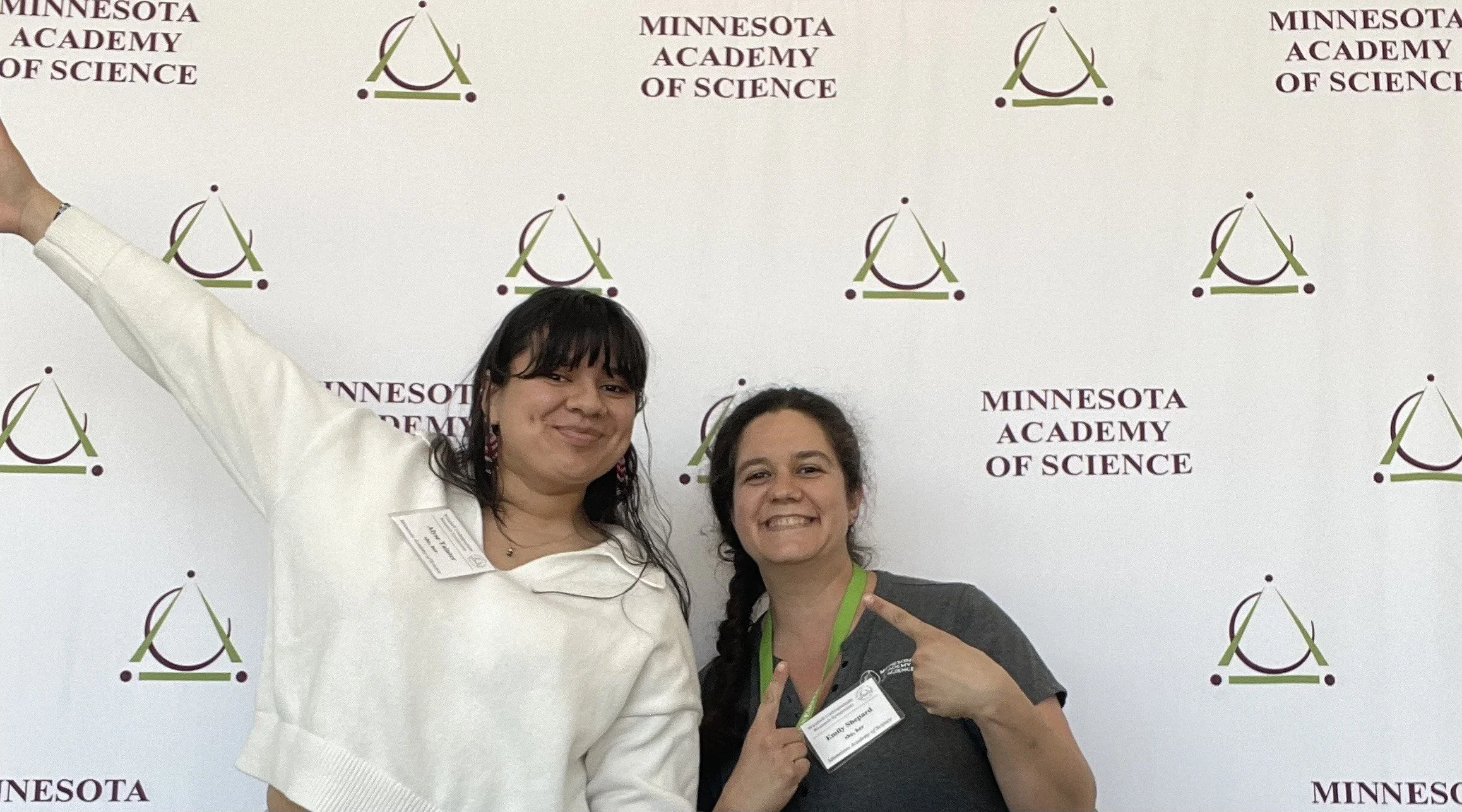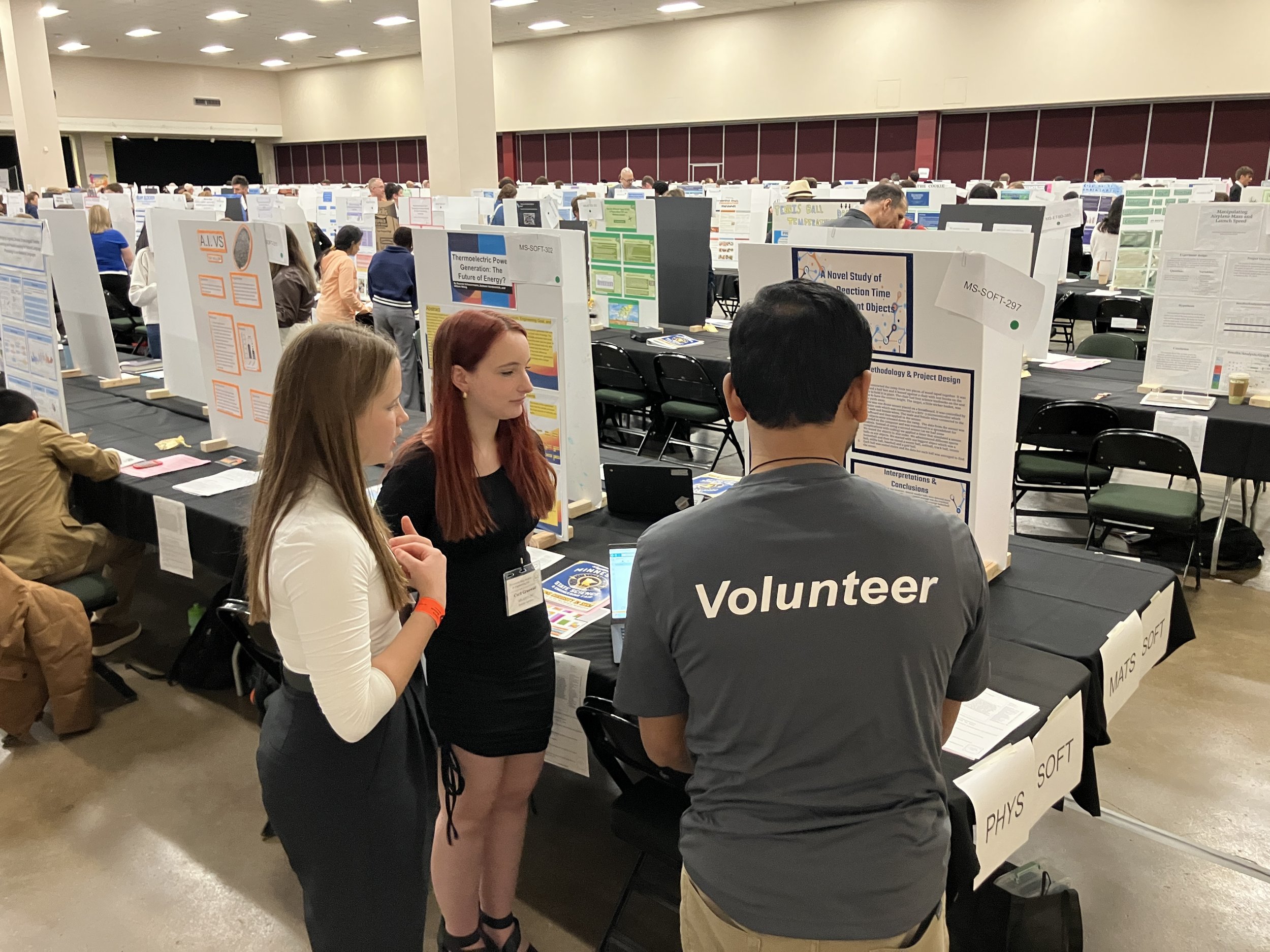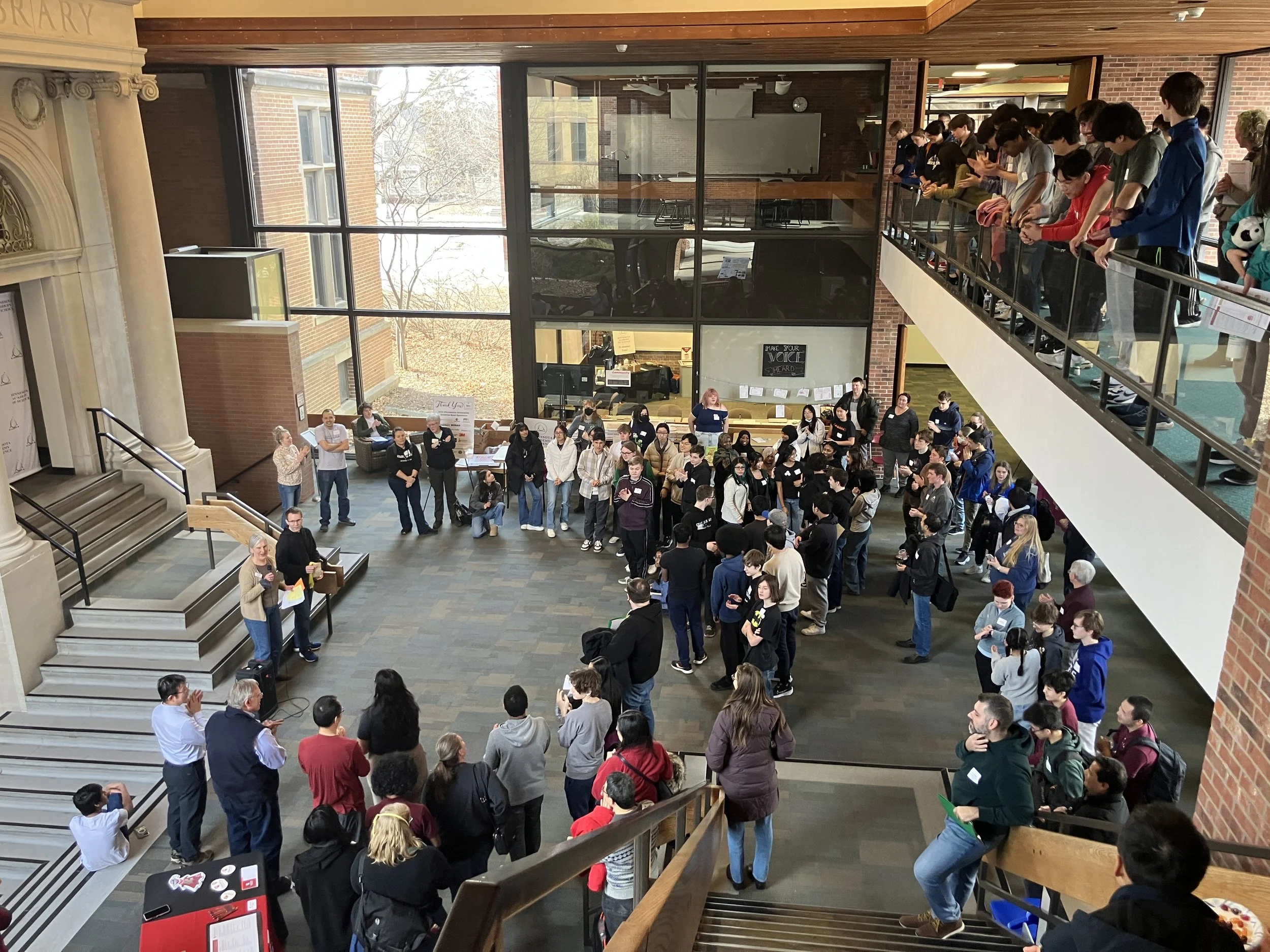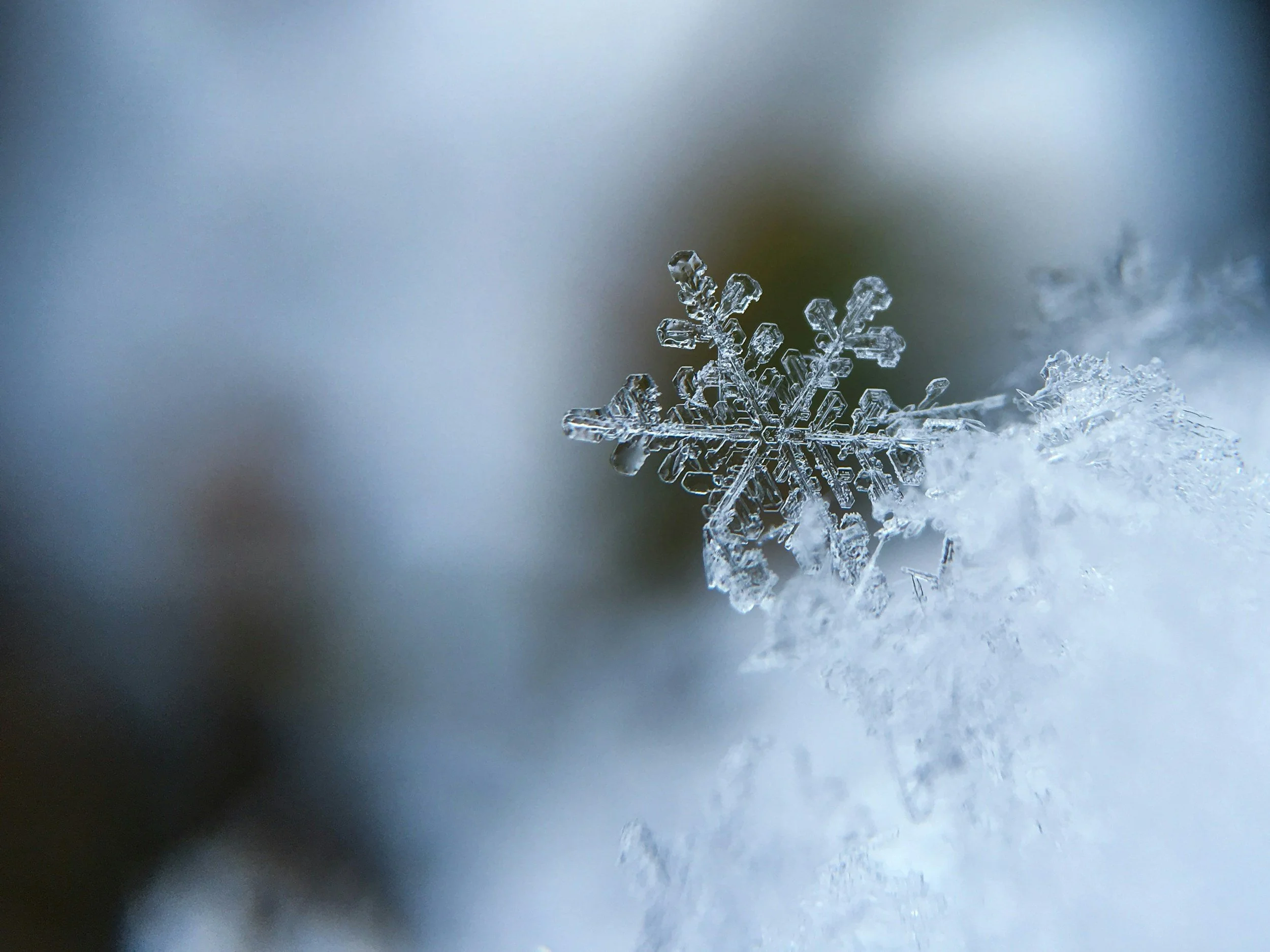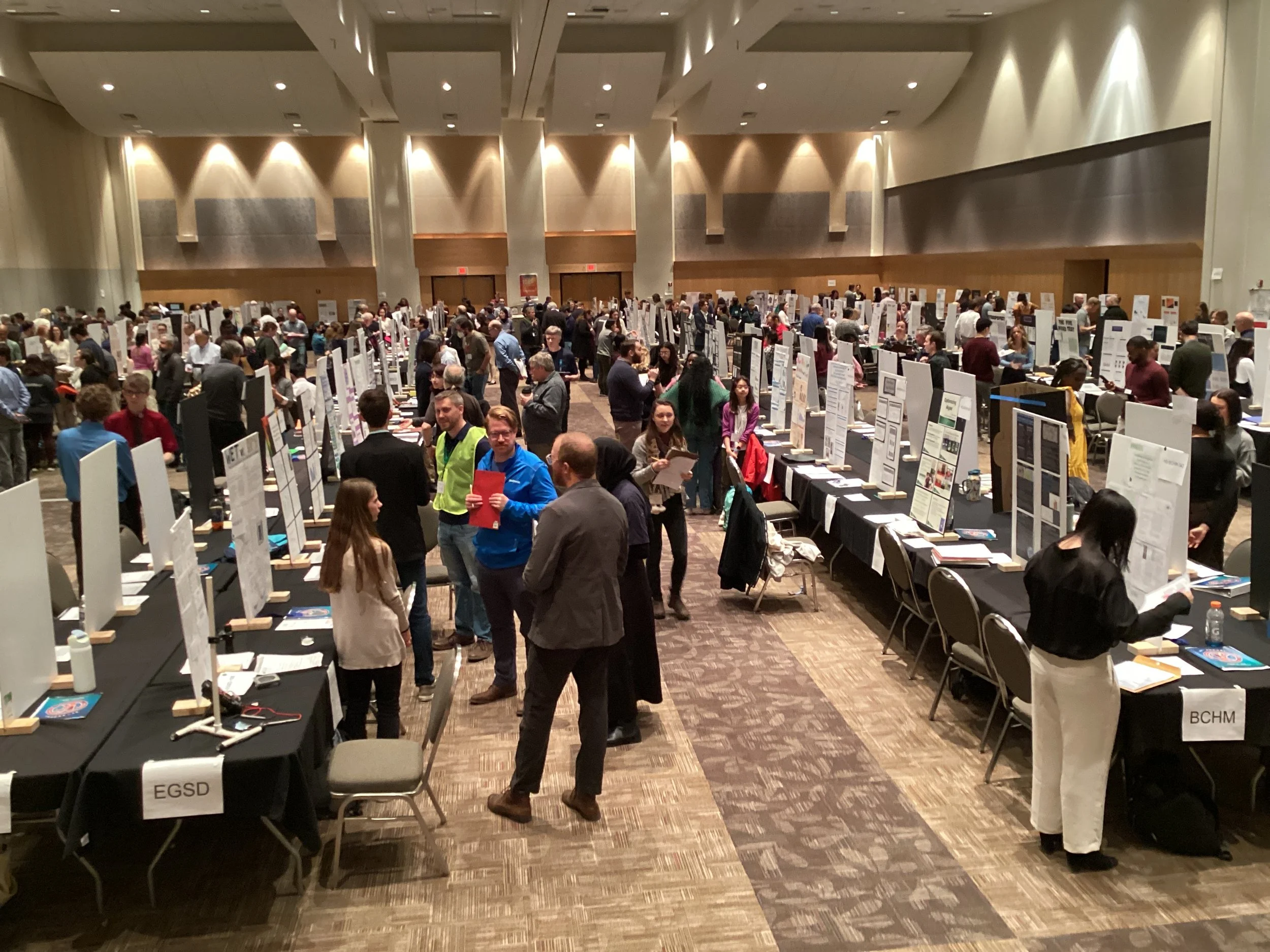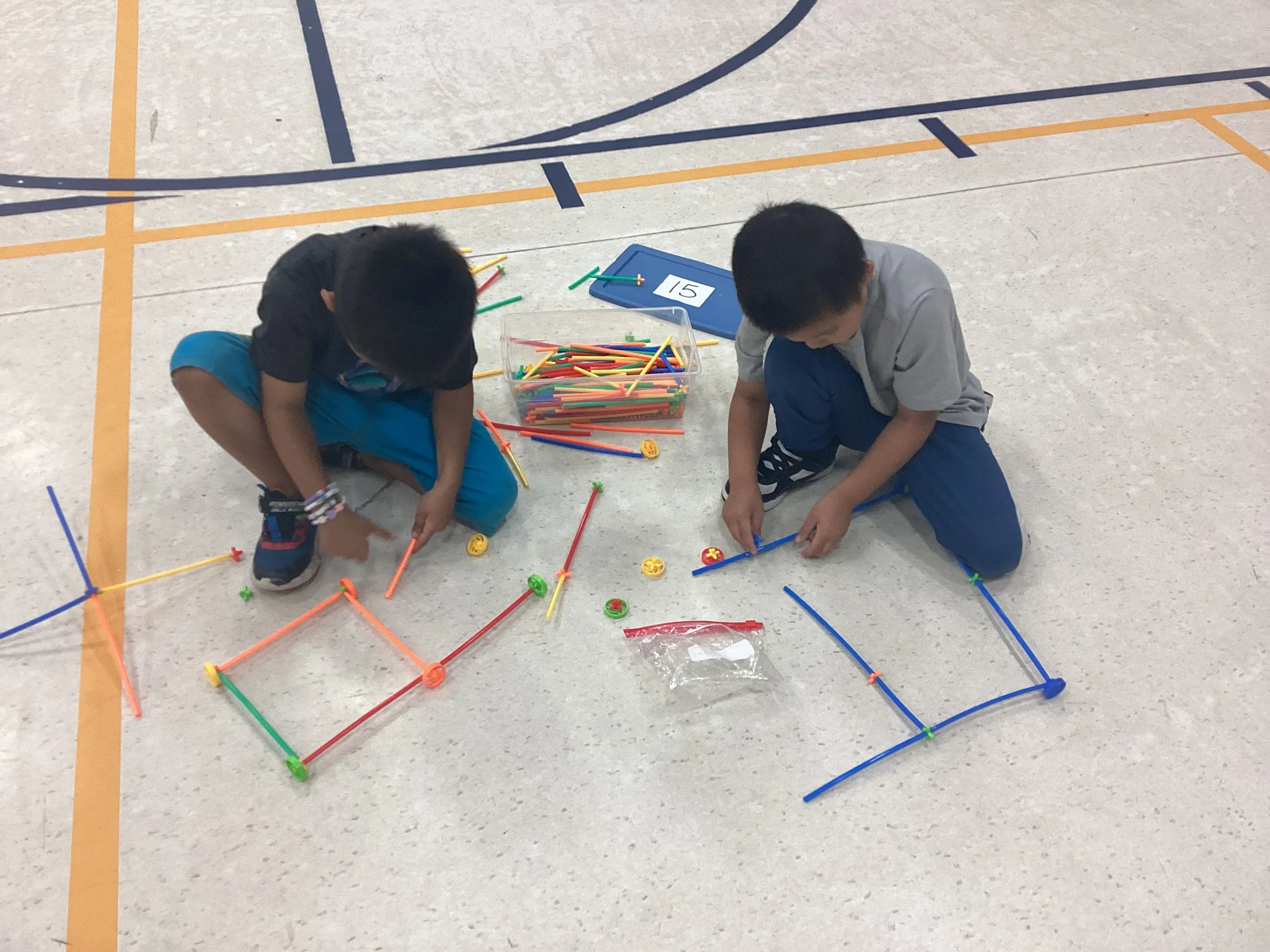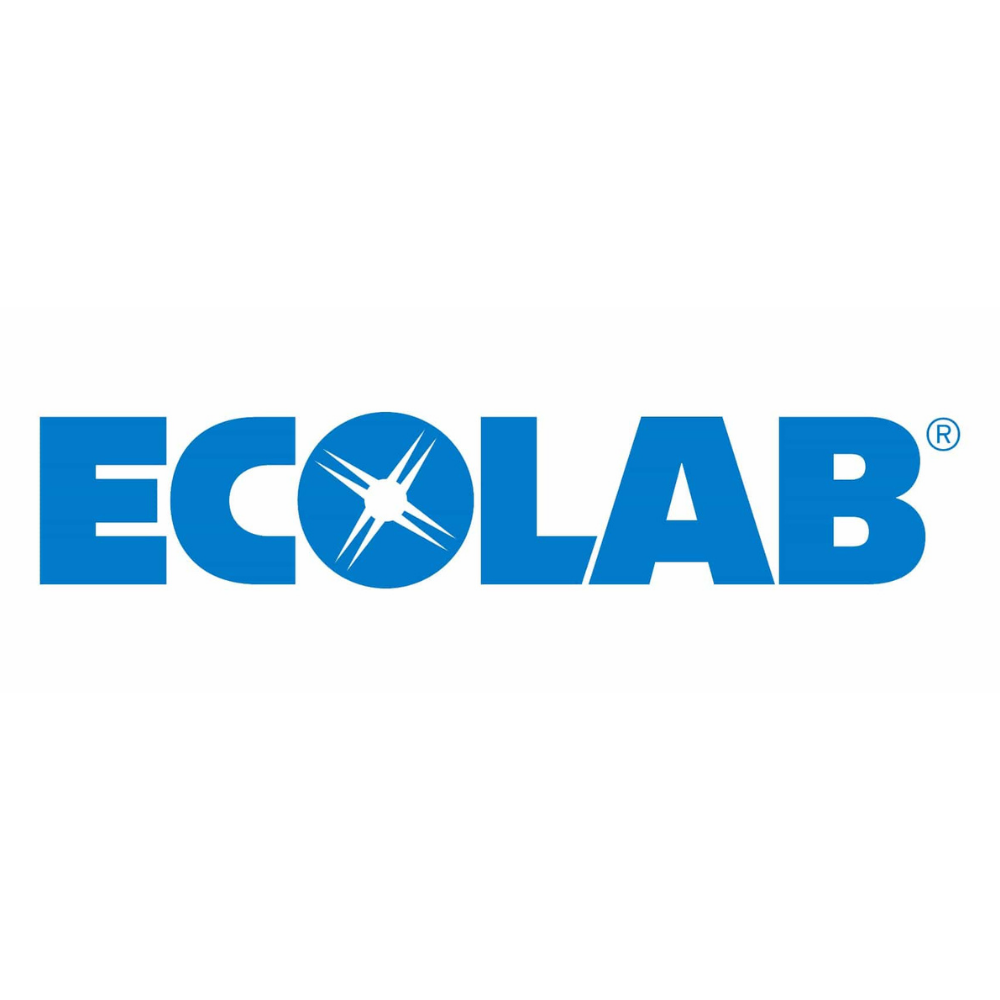Bethany began her scientific journey at Cloquet Middle School
Bethany Rosemore was a six-time entrant into the Minnesota state science fair, a three-time entrant into the Stockholm Junior Waterprize, and was a finalist at the Intel International Science and Engineering Fair, winning a fourth-place Grand Award and a Special Award.
“It was participating in science fair from 8th grade up that truly sparked my interest in research in the scientific field," Bethany says, "It was science fair that allowed me to learn how to and fall in love with travel while in high school. And without the support and inspiration Dr. Cynthia Welsh provided to me throughout middle and high school, many of these once-in-a-lifetime research experiences wouldn't be possible. Since my science fair days, I have independently traveled to over 10 different countries and have no plans of slowing down."
“It was participating in science fair from 8th grade up that truly sparked my interest in research in the scientific field.”
In addition to studying sharks in a shark tank off the coast of Africa, working to save penguins, and learning to scuba dive the Galapagos Island, Bethany returned to her Cloquet Middle School alma mater in 2016 to mentor two middle school students (Henry Slater and Lleyton Sinkkonen), who were studying Japanese Medaka, the fish she studied in middle school. Slater and Sinkkonen’s research advanced to the State Science & Engineering Fair in April.
Bethany went to graduate in environmental studies in May 2016 at the University of Rochester in New York, where she was awarded a Research and Innovation Grant. The grant allowed her to volunteer for two weeks in Gansbaai, South Africa, with Great White Shark conservation and research, and with African Penguin rehabilitation. She worked on a cage-diving boat and an eco-tourism boat, where data was recorded on shark sightings and characteristics.
Research in Chemical Oceanography took Bethany and her advisor, Dr. John D. Kessler, to the coast of Rhode Island to investigate the fate of methane in the water column. While studying abroad in Quito and the Galapagos Islands in Ecuador, she was able to be a part of the launch of the Project Abby 2100 with Rochester professor Dr. Tom Mullikin. This project aims to humanize the effects of climate change by using the peer reviewed science and interviews to predict the future life of Baby Abby, a theoretical child born in 2015.







